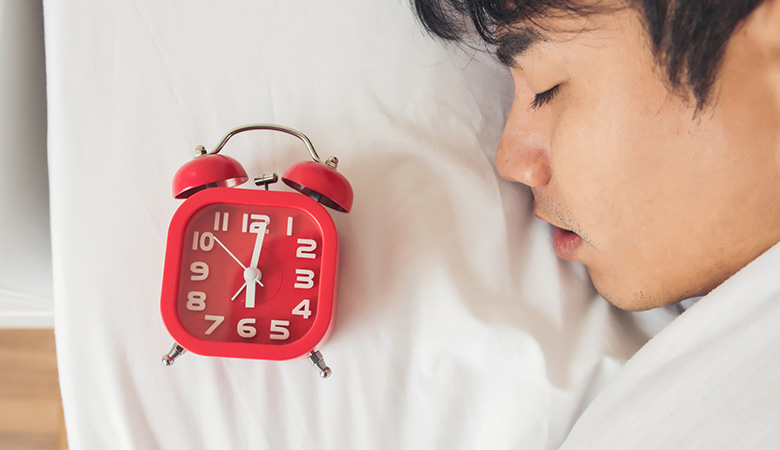Sleep Smarter: Evening Routines for a Rested and Energized Life

In today's fast-paced world, many people overlook the power of a good night's sleep. However, quality sleep is crucial for overall health, influencing everything from cognitive function to emotional well-being and physical vitality. By developing a mindful evening routine, you can ensure that you wake up rested, energized, and ready to take on the day. Here's how to sleep smarter with simple yet effective evening habits.
Create a Relaxing Sleep Environment
Your bedroom should be a sanctuary for rest, free from distractions and conducive to sleep. Start by optimizing your environment:
- Keep the Room Cool and Dark: Lower temperatures (around 60-67°F or 15-20°C) promote deeper sleep, while complete darkness signals to your body that it's time to wind down. Consider blackout curtains if needed.
- Limit Noise: Use earplugs or a white noise machine to mask disruptive sounds, or listen to calming music or nature sounds if they help you relax.
- Comfortable Bedding: Invest in a good-quality mattress and pillows that provide support and comfort, ensuring a restful sleep posture.
Set a Consistent Sleep Schedule

Going to bed and waking up at the same time every day-even on weekends—helps regulate your body's internal clock (circadian rhythm). This consistency trains your body to know when to wind down and when to wake up naturally.
- Wind Down 30-60 Minutes Before Bed: Avoid work or stimulating activities during this period. Engage in relaxing activities, such as reading, stretching, or practicing light yoga.
- Limit Caffeine and Heavy Meals: Avoid consuming caffeine, alcohol, or large meals at least 3-4 hours before bedtime, as they can disrupt your ability to fall and stay asleep.
Incorporate Relaxation Techniques
A key component of a restful evening routine is stress reduction. The more relaxed you feel before bed, the easier it will be to fall asleep and experience restorative sleep cycles. Consider these relaxation methods:
- Mindfulness and Meditation: Guided relaxation, deep breathing, or progressive muscle relaxation can help release tension from the day and calm your mind.
- Journaling: Writing down your thoughts can clear mental clutter, ease anxiety, and provide a sense of closure to your day.
- Gentle Stretching or Yoga: Light movements can relieve physical tension, especially if you've had a busy or physically demanding day.
Limit Screen Time
The blue light emitted by phones, tablets, and computers interferes with the production of melatonin, the hormone that helps you fall asleep. To sleep smarter, limit screen time 30-60 minutes before bed. Instead of scrolling through social media or watching TV, engage in calming activities like reading a book or taking a warm bath. If you must use your devices, try using blue light filters or "night mode" settings.
Establish a Pre-Sleep Routine
A consistent pre-sleep ritual signals to your body that it's time to wind down. Consider the following habits to signal bedtime:
- Set a Bedtime Routine: Whether it's brushing your teeth, dimming the lights, or listening to calming music, having a routine prepares your body for sleep.
- Use Aromatherapy: Essential oils like lavender and chamomile are known for their relaxing properties and can help you unwind before bed. You can use a diffuser or apply diluted oils to your pulse points.
- Limit Liquid Intake: To avoid waking up in the middle of the night to use the bathroom, limit fluids in the last hour before bed.
Sleep Smarter, Live Better
The quality of your sleep is just as important as the quantity. By adopting an intentional evening routine, you can improve your sleep hygiene and ensure that your body gets the restorative rest it needs. The result? Waking up feeling refreshed, energized, and ready to conquer the day.
Remember, a restful night starts with the habits you create in the evening. Sleep smarter and unlock your potential for a healthier, more productive life.
